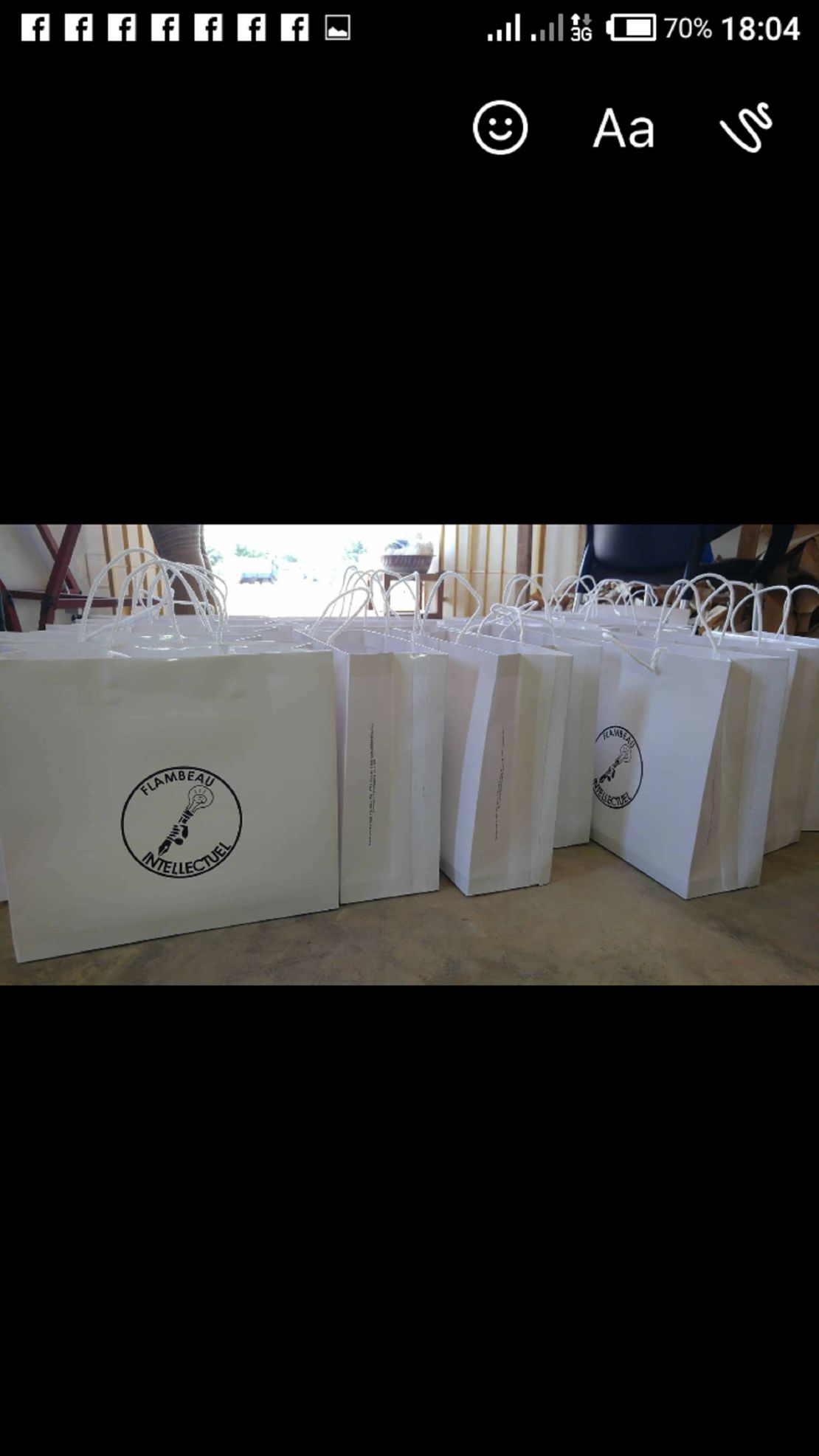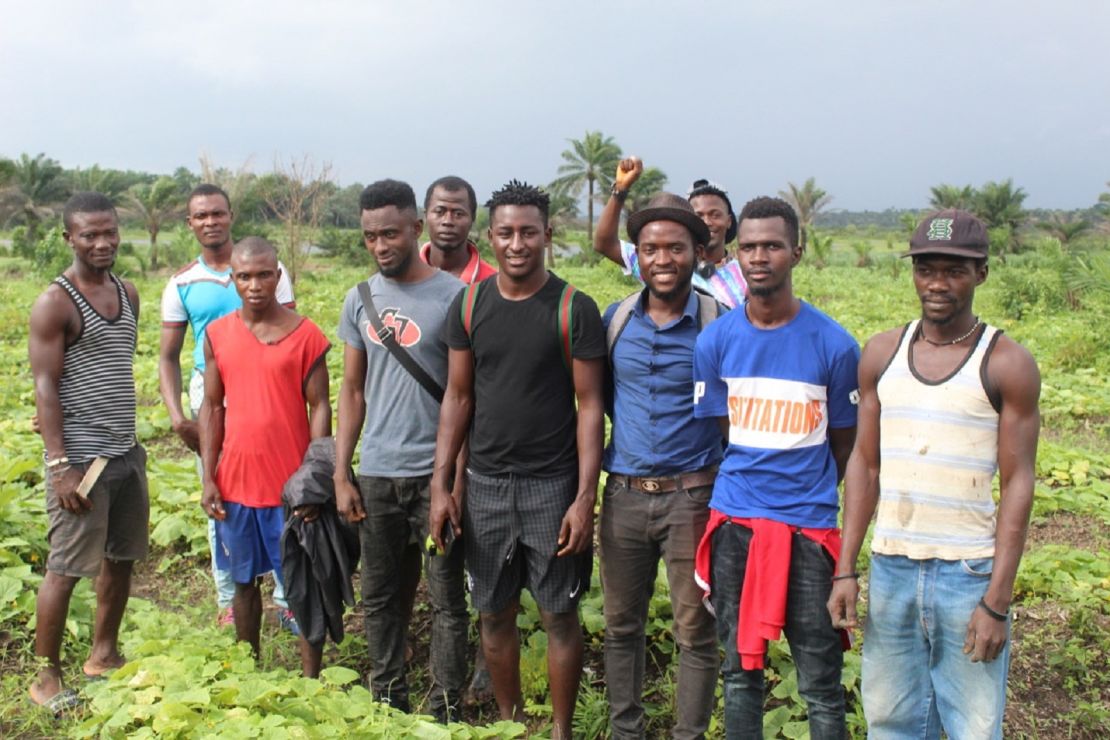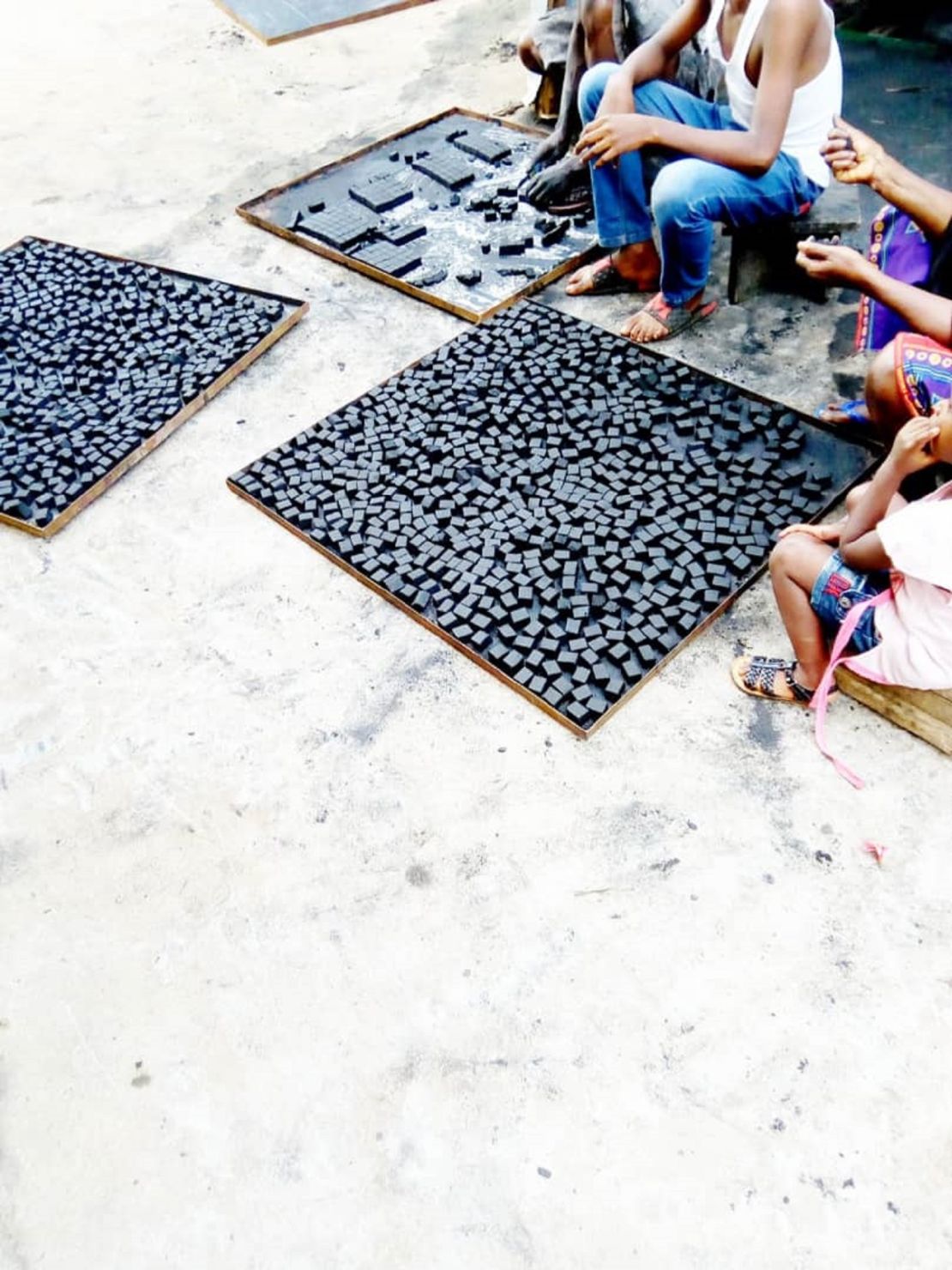After a month of torrential rain around Freetown, Sierra Leone, a sound like an explosion shattered the peaceful morning and the ground trembled. Mount Sugar Loaf was falling down.
On August 14, 2017, a river of mud, trees and boulders cascaded into the city, killing more than 1,100 people, including seven members of Alhaji Siraj Bah’s adopted family.
The 17-year-old might have died with them, but he was working a night shift. When he tried to return home the next morning, his path was blocked. After several hours, he was told that no one in the house had survived.
Bah, now 20, was born in a remote village 160 miles from Freetown. His father died when he was 12 and the youngster traveled by bus to the nation’s capital. “I lived on the street for four years,” he told CNN. “I used to do so many odd jobs just to get food to eat … I used to fetch water, wash clothes.
“I was not scared, I just had that belief in that one day, I will make it.”
‘The next Oprah Winfrey’
The mudslide precipitated an environmental awakening for the teenager. He learned from the television that the catastrophe was worsened by deforestation and poor waste management around the rapidly expanding capital city.
Freetown lost 31 percent of its dense southern forest between 2001 and 2015, according to Global Forest Watch. Without trees, soil on the high ground around the city is saturated by downpours, and the land is eroded.
A lack of waste collection services in Freetown means garbage is often dumped in streets, gutters and river courses. This blocks drains and can leads to flooding, soil erosion and the spread of disease.
“I realized I needed to step up and do something,” says Bah. “I would be the next Oprah Winfrey.”
Find out more about Call to Earth and the extraordinary people working for a more sustainable future
Meet the young eco-protectors working for a healthier planet
The teenager decided to invest his last $20 into tackling the plastic waste problem. He started working 16-hour days making recyclable bags from 70 percent banana leaves and selling them to local businesses, with their logos laboriously screen-printed onto them.

More than eight million tons of plastic ends up in the ocean each year, but several African countries have taken action by banning plastic bags, including Morocco, Rwanda and Kenya – but others are trailing behind. “It’s very hard because all that I’m doing right now, I’m the first one to do it in my whole country,” says Bah.
“We need to start recycling everything that we use,” he added.

Forest-friendly charcoal
Bah’s company has produced roughly 250,000 bags, and he has branched out to producing an eco-friendly alternative to charcoal.
Read: Young innovator creates toys to tackle climate change
Most households in Sierra Leone rely on charcoal for cooking and heating, but felling trees for charcoal is one of the main contributors to deforestation and land degradation in the country.
Burning it also pollutes the air and can cause respiratory disease. Globally, around 3.8 million people die every year as a result of household exposure to smoke from fuels including charcoal, according to the World Health Organization.
Bah learned from YouTube how to produce smoke-free briquettes, which he says burn for four hours longer than coal or wood. He collects coconut shells, sugar cane, rice husk, and palm kernel waste from farmers and households, grinds the raw material and binds it with starch before it is extruded through a machine.

He now employs 38 workers and has made more than 120 tons of briquettes – which he says has saved more than 15,000 trees.
A country starting afresh
Sierra Leone is among the world’s poorest countries after decades of economic decline and 11 years of civil war, which ended in 2002. More than 60 percent of the population subsist on less than $1.25 a day, with an average life expectancy of just 48 years.
“My childhood was so hard for me,” says Bah. “I don’t want another person to go through the same thing, so this is one of reasons I’m doing this.”
Read: Star student on a mission to clean up the world’s water
He says some of the children he has employed to collect coconut shells have been able to go back to school with the money they earned. “We are about the families we employ, about the environment, about the people around us,” he says.
“All the young people I’ve met want to go into entrepreneurship, they want to start their own companies, so I think the picture’s bright,” he says. “You’re never too young to be a dream-maker, you’re never too young to achieve what you want to achieve.”
Last year, he won the Anzisha Prize for young African entrepreneurs. He has raised $20,000 from an angel investor and plans to buy better machines to speed up briquette production and help him expand into Guinea, Senegal and Liberia next year.
“Nothing is impossible,” he says. “If others can do it with $20, $10, $5, then others can do it with zero dollars. Do what you can – and do more.”















